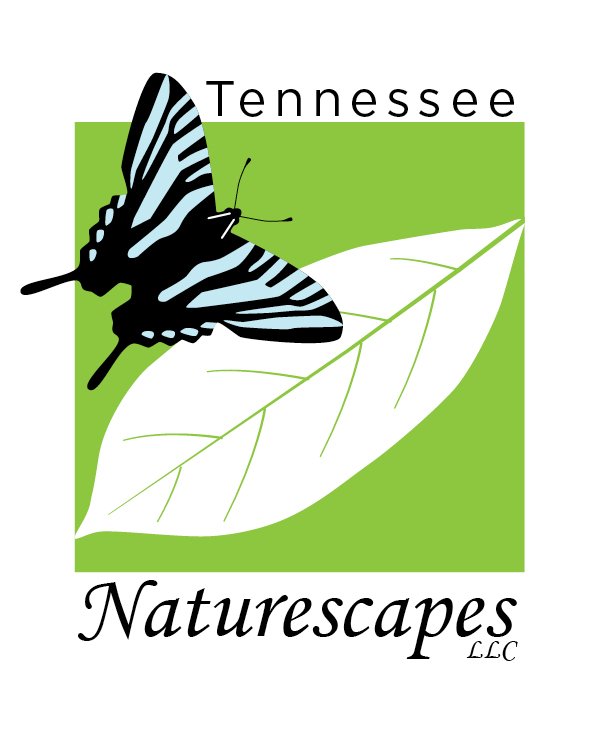
Frequently Asked Questions
Plant Questions
-
A plant is considered native if it has occurred naturally in a particular region, ecosystem, or habitat without human introduction. Exotic plants that evolved in other parts of the world or were cultivated by humans into forms that don't exist in nature do not support wildlife as well as native plants.
-
Native plants are more beneficial to the wildlife than their non-native versions. We’re living in a modern world where big areas of natural spaces have been destroyed, thus the native vegetation too. No vegetation means no food or shelter for wildlife. This should make us think about how we can help nature by providing food and shelter for wildlife in our own yards.
Some non-native plants exhibit invasive behaviors and get “loose” from our yards then they start taking over willy-nilly. Look here for more info. An "invasive species" is defined as a species that is Non-native (or alien) to the ecosystem under consideration; and, whose introduction causes or is likely to cause economic or environmental harm or harm to human health. (Executive Order 13112).
Plants have evolved along with their native wildlife and have their part in the local food chain. When moved to a new environment with different species and conditions, non-native plants can easily override native species that have their niche. Non-native plant do not have a niche in a new environment so they quickly create their own. Choking out which ever native gets in their way. There are no insects that have learned a flavor of their leaves or no diseases that would naturally keep the population under control. This means that non-native plants can grow and reproduce without much disturbance because they don’t have enemies.
Plants native to our area have walked hand in in had with our pollinators and other wildlife for longer than we know and during that time they have formed intricate and important relationships. There are insects that can only lay their eggs on specific plants (Monarch Butterfly and Milkweed), or only native plants can provide our native winterizing bees a stalk perfectly sized for their use.
-
1.They will bring nature back to your yard that might have been absent of natural life especially if you have lots of existing lawn.
2. No need to prepare the soil with lime or fertilizer. Once they plants get established in 1-3years they don’t need extra care.
3. The plants we grow are perennial. You save money by investing in perennials compared to annuals that only live for one season.
4. Native plants are so much fun! It’s a whole new chapter in your life (you’ve never thought about) when you realize how much good a native plant can do.
SHIPPING & ORDER QUESTIONS (also, check this link)
-
Yes. We ship only our Quart sized plants to the states east of the Mississippi River. We use UPS service, which requires a physical address.
We use cardboard boxes with cardboard sleeves to make them immobile during shipping. Our shipping boxes are measured for 9, 12 and 18 plants.
-
Our website prices include shipping fees. Our plants sold at the nursery don’t have additional charges mentioned above.
-
Please allow 5-10 days after ordering for your plants to be shipped. Email confirmations are sent when we ship your order. .
-
We believe 2 days in a box is long enough.
-
Please contact us at info@tennesseenaturescapes.com
-
A shipping fee is included in the price of each plant.
All orders under the minimum 8 plants will have an additional $25 shipping charge.
-
Our nursery falls within the area of risk for IFA (Imported Fire Ants), and therefore all of our orders shipped outside of Tennessee will be treated in accordance to USDA regulations and procedures for export outside of the quarantine area. We saturate potting media with a solution of bifenthrin, following USDA guidelines (USDA PHIS Program Aid. No.1736 or Regulations (7CFR 301.81).
Unlike neonicotinoids, bifenthrin is NOT a systemic insecticide, which means it is not absorbed by the plant and poses no threat to pollinators or any insects that use your plant as a host. To further ensure the safety of all wildlife, the solution of bifenthrin will be applied by soaking the potting medium and will not come into contact with foliage. Bifenthrin is not very water soluble and will not migrate beyond the potting media of your plant.
-
If you order plants directly off our website but want to pick them up at the nursery, that is not a problem. Call or send an email to let us know when you will be coming by the Nursery.
WEBSITE QUESTIONS
-
Yes. Our inventory is constantly changing. Grow Native!
-
You can add your email to “notify me once back in stock” and our system will let you know via email when the specific plant has been added back to our website.
-
We understand that a change usually comes with little rustiness. Let us know info(@)tennesseenaturescapes.com and we’ll try to fix it.
NURSERY QUESTIONS
-
Our 2024 season will be March 5 thru December 16.
Our Nursery is open from10am-5pm Tuesday thru Saturday. During our off season, will will accept visitors by appointment. Please email us at info@tennesseenaturescapes.com to schedule.
-
Yes. Please see the Evens & Sales page link on top.

